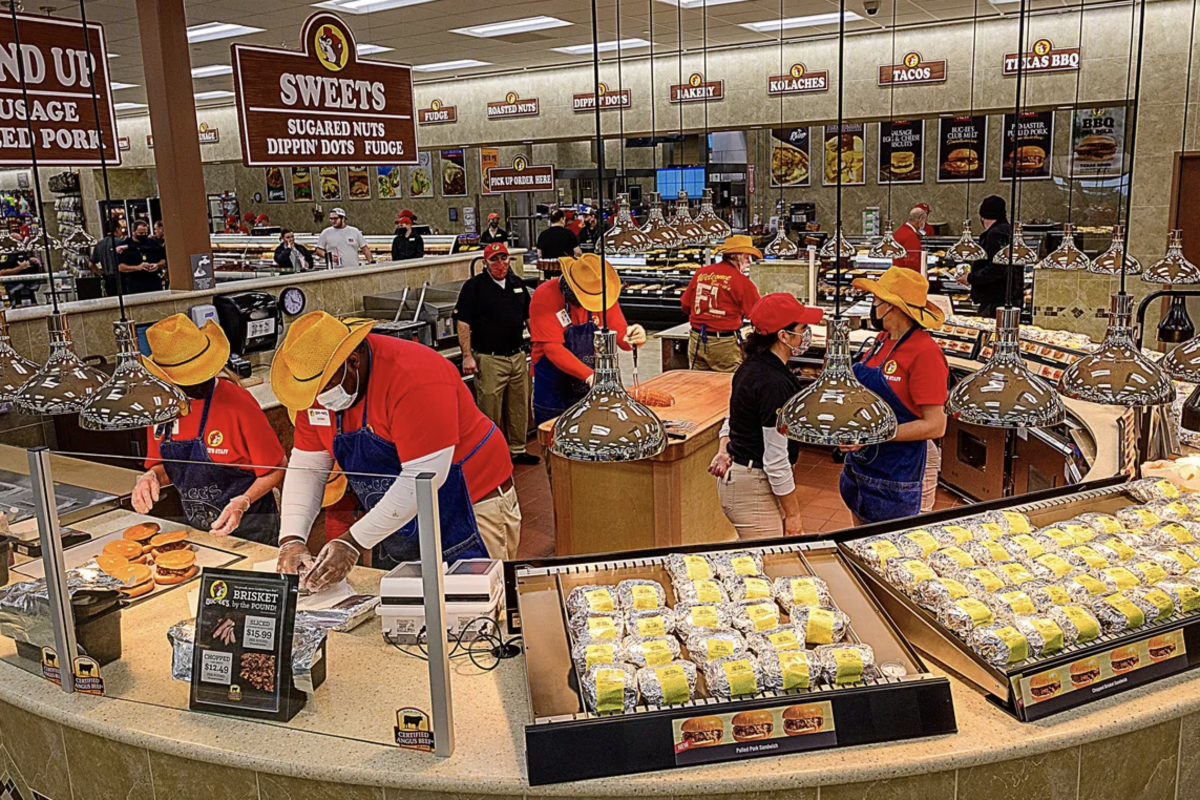Consumers have grown to distrust curated media and traditional marketing. They want to make their own decisions based on raw footage, real-time updates, and unfiltered livestreams. They don’t want the polished media release, the staged press conference and the practiced responses.
How, then, do brands gain consumer trust?
The answer: Heroic credibility. Consumers are willing to follow brands that have true values. Heroic credibility speaks to the willingness of brands and leaders to make bold statements that clearly, unmistakably, lay out their philosophy and values, and then, in the face of criticism from the inevitable social-media-fueled wolfpack, refuse to back down.
Heroic credibility is about values-driven leadership. It is the belief that companies need to do more than just meet the financial goals of their owners or shareholders. In line with the 2019 Business Roundtable statement of corporate purpose, companies have a responsibility to invest in their employees, deal ethically and fairly with their vendors, and support the communities where they do business. Heroic credibility takes the concept of stakeholder responsibility one step further. Heroic credibility is the belief that companies need to be driven by a set of values.
Core Values Lead The Way
On Black Friday, November 25, 2018, outdoor apparel maker Patagonia did something it had never done before. It donated ALL of its sales for that day, one of the busiest shopping days of the year, to environmental causes. The sales for that one day came in at over $10 million, five times more than their normal trading day. Yet Rose Marcario, then President of Patagonia, was neither surprised nor concerned. Rather, she was excited because she believed that many of the customers that day were new to Patagonia and had decided to shop the brand because they had heard that Patagonia had sued the Trump administration over its intention to reduce the size of the Bears Ears and Grand Staircase-Escalante National Monuments in Utah.
Why did Patagonia decide to sue the federal government – a decidedly odd move for an apparel company? Because one of its core values is “Use business to promote nature.”
Patagonia is a firm believer in something beyond financial growth, as founder Yvon Chouinard has often said. “We’re in business to save our home planet.” Patagonia’s vision is to educate consumers on what quality looks like, how responsible garments are made, and how consumers can be stewards of both the earth and their belongings. All the brand’s actions and products are rooted in a set of values that transcend the narrow confines of their product category. Patagonia is a perennial mainstay on lists of most respected companies and most innovative brands because it has always lived its mission statement. Patagonia is heroic credibility.
Patagonia decided to publicize its suit against the federal government over Bears Ears and Grand Staircase-Escalante National Monuments by putting up billboards and doing print ads that read: “The President Stole Your Land.” That was no PR stunt. It was an expression of the brand’s core values and while it stirred up political controversy and caused a social media frenzy, Patagonia never flinched. And it’s customers were delighted because the brand was demonstrating its values – and the values of its customers.
When your brand actions are in alignment with your brand purpose and values, consumers will trust you and be committed to your brand. They will wear your logo proudly and be brand ambassadors.
Stances Must Transmit Your Brand DNA
However, if you take social or political stances that are not deeply rooted in the DNA of your brand, look out. Case in point: In February 2018, DICK’s Sporting Goods decided to remove all AR platform rifles from its stores because the CEO wanted to show his compassion for victims of the tragic Parkland school shootings in Florida (the deadliest high school shooting in U.S. history). Though it was a compassionate act, it was not connected to the values of the brand (in fact, some argued, the sporting goods store had no defined values) and consumers punished the brand. In the months that followed, DICK’s lost $150 million, and even a year later, it was still feeling the impact (sales down $154 million and revenue down $51 million).
Brands that align with the values of their customers will find committed and trusting customers. However, do not cross the very thick line that separates authentic values from moralizing on issues on which you have no authority. If you overstep your bounds and start telling customers what to think about issues that are not ownable by you, customers will turn on you – as they did on DICK’s Sporting Goods.
Besides attracting and retaining committed customers, a strong values-driven business also attracts the best talent. In 2018, Mercer, the world’s largest human resources consulting firm, identified three factors that both job candidates and employees want from a company. The third most important factor (after job flexibility and a commitment to health and well-being) was “the desire to work with a purpose.” The Mercer study discovered that “working with a sense of purpose boosts employee motivation, productivity, morale and overall job satisfaction.” In fact, “thriving employees are three times more likely to work for a company with a strong sense of purpose.”
Values-based work is also near the top of the Millennials’ wish list of what they want from their employer or prospective employer. According to the 2018 Deloitte Millennial survey, employers who are “proactive about making a positive impact on society” ranked second only to “better financial rewards and benefits.”
Contributed to Branding Strategy Insider By: Paul Leinberger and Stephen Denny, authors of the new book, Unfiltered Marketing: 5 Rules to Win Back Trust, Credibility, and Customers in a Digitally Distracted World (Career Press)
At The Blake Project we are helping clients from around the world, in all stages of development, redefine and articulate what makes them competitive at critical moments of change. Please email us for more.
Branding Strategy Insider is a service of The Blake Project: A strategic brand consultancy specializing in Brand Research, Brand Strategy, Brand Growth and Brand Education




